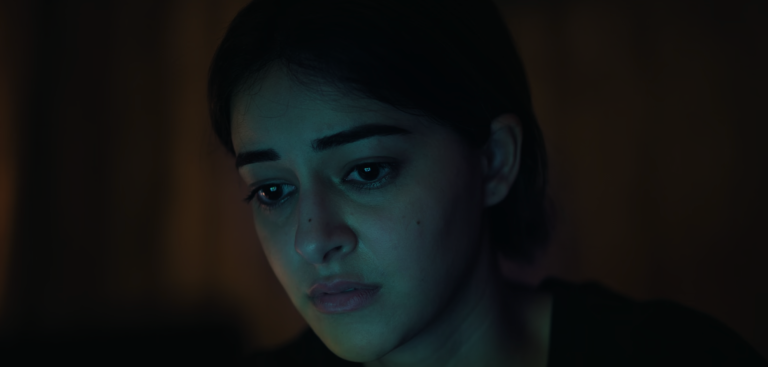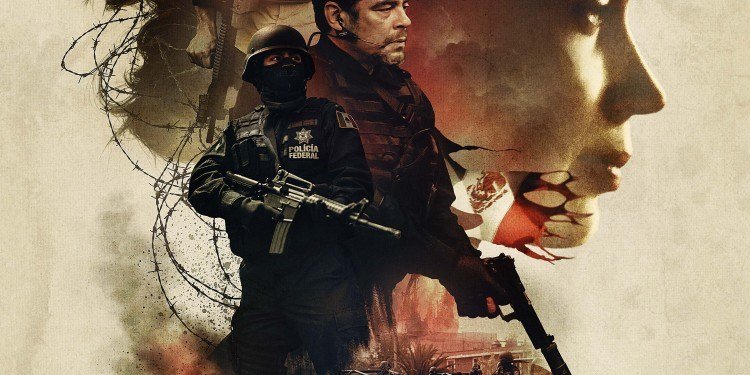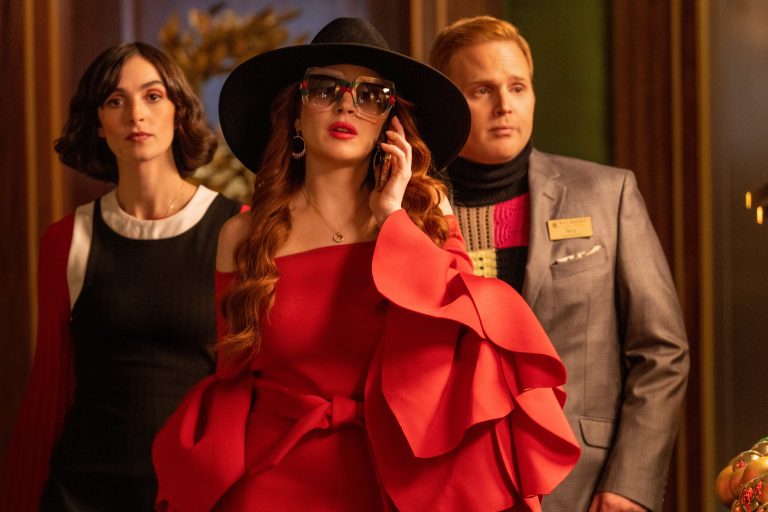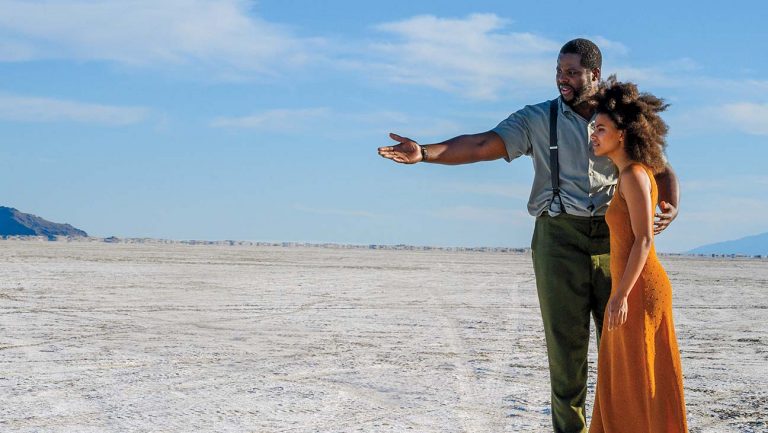Camilla Nielsson’s documentary President (2021) is strenuously infused with an insistence on hope and change. This insistence almost assumes a self-assuring talismanic mantra the Opposition party members keep muttering both to them and aloud, wishing it reaps tangible outcome in better directions for their country’s political future.
The year is 2018. The sheer historical weight and significance of the imminent Zimbabwean presidential elections, after ousting of Robert Mugabe from his four-decade-long dictatorship, is pronounced in the air along with a general sense of deep festering malaise and disaffection against uninterrupted impunity of the State. Nielsson begins with fast-cut archival footage pre-2018, with text on the screen after each helpfully acquainting us with the context and timeline, establishing quickly how momentous this forthcoming election is and the vast possibility it holds as a massive turning point for Zimbabwe.
Related to President (2021) – ALL THE PRESIDENT’S MEN REVIEW [1976]: INFORMATIVE. ENGROSSING. THRILLING
Mugabe’s presidency had been marked by severely rigged elections, the trampling of opposing voices and opinions, whilst triggering a spate of unabated high unemployment rates and desperate food shortages throughout the country. The ousting of him from power by the military and his declaration of resignation led to the election battle mainly waged between Mugabe’s former Vice President Mnangagwa and Opposition candidate Nelson Chamisa. Chamisa’s past student activism, his injuries sustained while protesting against Mugabe, is also highlighted briefly, connecting him to a larger tradition of anti-authoritarian resistance right through its incipience to this stage in his life.
There is an emphatic call for free, fair, credible, and transparent elections; the documentary essentially goes on to underline the overt farce of the election and an empty parade of the supposed democratic practice in the country. Mnangagwa makes grand, ostensible gestures of ensuring that the voting would be carried out with utmost honesty. Chamisa’s doubts reverberate as the documentary’s voice of questioning; he interrogates the very foundation of Mnangagwa’s political leadership, as the latter had been a minister in Mugabe’s inherently corrupted cabinet and had a considerable role in the country’s destruction.
Nielsson eschews talking heads and opts for a steady following around approach as Chamisa embarks on his country-wide electoral campaigns. Chamisa is instantly positioned as a beacon of hope that can potentially break the cycle of no deliverances. We witness the obvious popular surge of support Chamisa commands but also feel the unavoidable burden of effecting immediate and drastic change he must bear if he wins, despite the odds of electoral malpractices. The people’s euphoria of great expectation from Chamisa is unmistakably undercut occasionally by grave concerns over the sincerity in the election procedurals.
Nielsson focuses her orbit of investigation onto the lead-up to the day of voting, the weeklong wait for result announcement and the various manipulations in the aftermath. President circles a lot around the run-ins the MDC has with Zimbabwean Election Commission (ZEC) especially when dubiousness and instances of influence wielded by ZANU-PF (Mnangagwa’s party) in the Commission come blatantly clear.
The polling is exposed as flagrant fraudulence, with data irregularities, tampering, and inflated figures, engineered to favour the ZANU. The anxiety of the ZANU to cement its victory spills into the form of military junta-orchestrated violence that is unleashed on peaceful demonstrators. Food aid is used by ZANU as a political weapon in exchange for votes, and the Opposition candidates are denied access to voter rolls. The army personnel open fire on civilians, as everyone runs amok for cover and people are thrashed mercilessly.
Also, Read –
Henrik Bohn Ipsen’s camera hurls the viewer with audacity into the frantic streets, the pell-mell dispersal of crowds. We watch with rapt horror and incredulous disbelief as the roads are cleared out by the forces in sanguinary fashion. Nielsson bares it all when displaying the stupefying high handed behaviour of ZANU, flags sobering realizations over the deeply questionable independence of ZEC, and inserts gutting testimonies of the polling agents. Riot police are sent to disband Opposition press conferences.
Ipsen’s camera tracks swathes of red-hatted masses at the rallies, Chamisa’s party MDC (Movement for Democratic Change alliance) deliberations and fearlessly plunges right into the heart of institutional violence in some true heart-stopping hairpin-sharp moments. What Nielsson gets a spot on is locating the frisson of fear of the worst among the Opposition candidates.
Despite mobilizing massive support and being tipped to win, they are wary of believing in victory yet the confidence of being in the morally right endows them with a conviction of spirit and rigorous pursuit of justice, irrespective of the entire system being set up, the judiciary culpable as well, to prevent their rise. In one scene, an MDC member remarks about the voting eve as a night when they must summon and exhibit ‘extraordinary boldness’, the fear of violence from the State palpable lest they win.
Of course, it kicks off even earlier than that. Duplicity doesn’t need special reasons to beget its many agendas, and we find it rippling with a tidal sweep to quell the national mood that is poised at unwelcome antagonism to the prevailing ruling dispensation.
Nielsson conjures up an unsettling picture of a national climate so steeped and entrenched in unhesitant lawlessness, overt autocratic leanings with the mildest advertised space for press freedom, complete with rapes and death threats meted out to political opponents and the proponents and arbiters of justice. Intimidation and brute force are wielded to maintain a firm stake hold on power and administration. Nielsson punctures any supposed projected façade of democracy, encompassing a wide range of aggressions on fundamental liberties.
Also, read : A Lookback at the Unofficial Oliver Stone US presidents trilogy
President (2021) benefits and succeeds largely due to Jeppe Bodskov’s energetic and brisk editing which keeps us wholly immersed, thoroughly gripped and attentive, although there is a cumulative want of the portraits and character studies of the Opposition members being realized in greater detail.
Despite an early considerable portion of the film being devoted to Chamisa’s campaigns, Bodskov uses them only to extrapolate the central grievances of the long-suffering Zimbabweans and evokes the swell of emotion Chamisa is able to elicit, owing to his roots in resistance movements from his very student days. There’s an easy cutting to the bone of matters which Bodskov achieves. Note especially his work in the court scene that distils with abundant clarity the knotty manipulations in the polling.
A battle for integrity, President (2021) builds up to chilling final moments that dangle a terrifying permanence and tenability of established norm in the air. A smile of acute complacency in the final shot sends discomfiting shivers, ringing an alarm of continued lack of accountability embedded inextricably in the Zimbabwean government, even as Nielsson has fully unmasked and demolished all its pretensions of governance for the public good and with the public will.

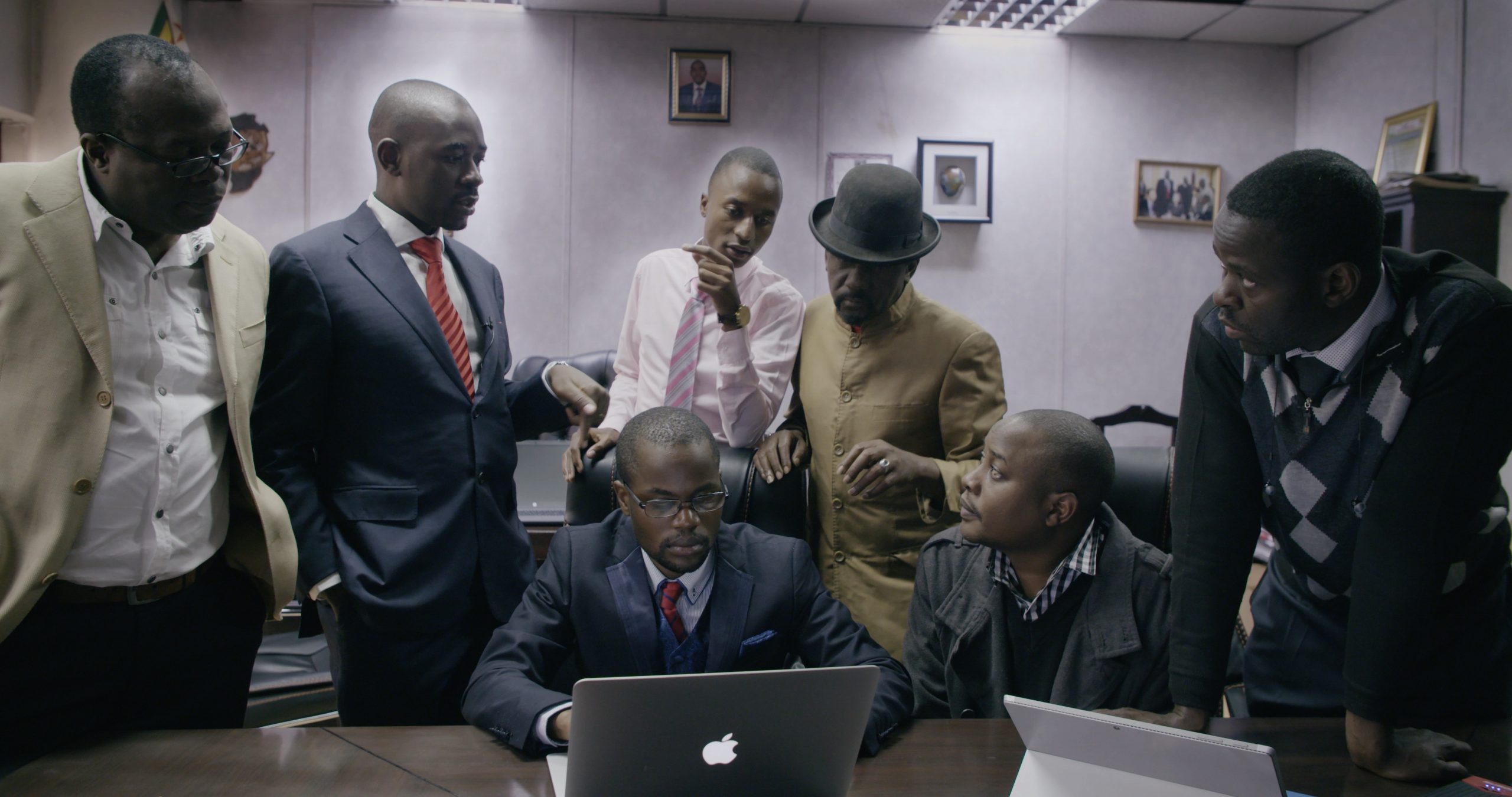


![Hema Hema: Sing Me a Song While I Wait [2016] : Jio MAMI Mumbai Film Festival with Star](https://79468c92.delivery.rocketcdn.me/wp-content/uploads/2016/12/hemahemasingmeasongwhileIwait_04-768x384.jpg)
![For Your Consideration: Sita Sings The Blues [2008]](https://79468c92.delivery.rocketcdn.me/wp-content/uploads/2017/05/09.SitaCriesARiver-768x432.png)
